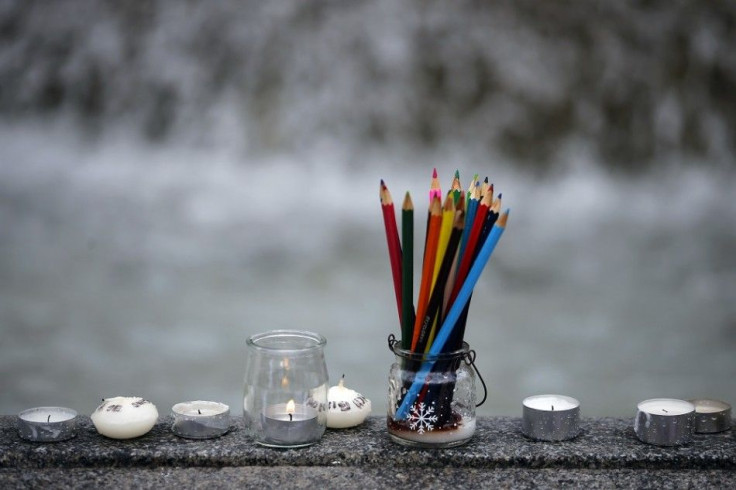Humanist Groups Want New Zealand To Dump Blasphemy Law

Two non-religious groups in New Zealand have urged the government to scrap blasphemy laws to boost the country's freedom of speech, following the Paris terror attacks. Under New Zealand's Crimes Act 1961, blasphemy libel was deemed punishable by one year in prison. However, the offence has only been cited in one prosecution that ultimately failed.
According to Radio NZ, the Humanist Society of New Zealand and the New Zealand Association of Rationalists and Humanists said the legislation only protected religions rather than religious groups from discrimination. The two groups are calling on the government to repeal the law. The scrapping of blasphemy laws would emphasise the importance of free speech and allow New Zealand to react to the blasphemy laws of other countries without being hypocritical.
John Murphy, president of the Association of Rationalists and Humanists, said there were several reasons that the law should be repealed. He said the current law may cause potential harm in the future as it is subject to abuse. He also questioned the law fornot being in use. The two groups believe that freedom of expression is the core of a democracy.
Murphy said New Zealand's blasphemy law has become redundant since human rights legislation has already created a balance between free speech and freedom from discrimination. He explained that the blasphemy law does not protect people from abusive speech or writing. He said human rights legislation was the better law since it can protect everyone in society against abuse based on religious beliefs.
Geoff Troughton, a Senior Religious Studies lecturer at Victoria University, has weighed in on the issue. He said New Zealand may have decided to keep the blasphemy laws for symbolic purposes and partly due to its "lack of political desire" to delve into the issue. Troughton believes blasphemy laws may not be a significant matter for the government.
According to previous reports, there was backlash over an art exhibit in Te Papa museum in 1998 after a small model of the Virgin Mary was shown in a condom. The offended parties had called for prosecution under the blasphemy law, but it was eventually ruled out due to the freedom of expression laws under the Bill of Rights.
In Australia, the government has dumped a proposed amended to its Racial Discrimination Act to stop making it illegal for others to offend and insult based on a person's race. Following the Paris attacks, advocates and politicians have urged amendments to the law.






